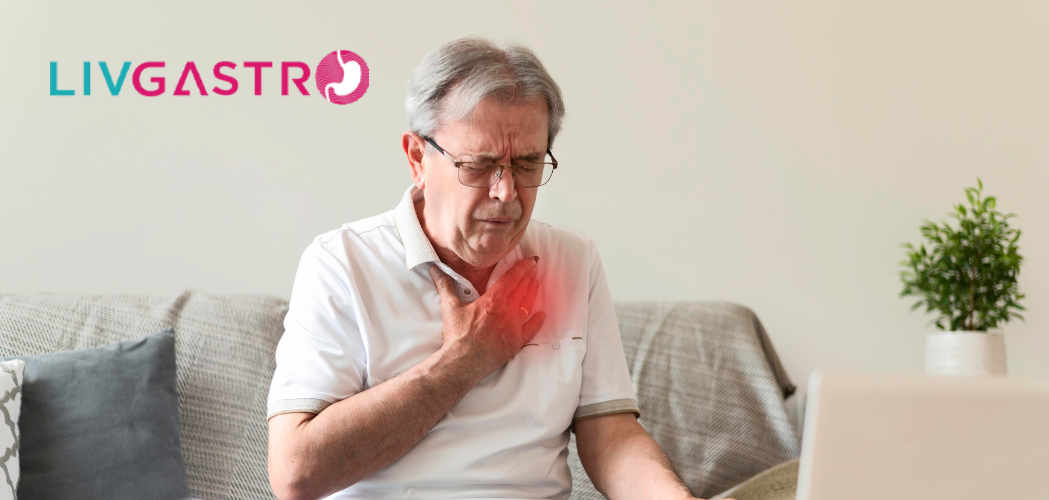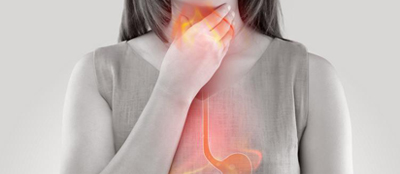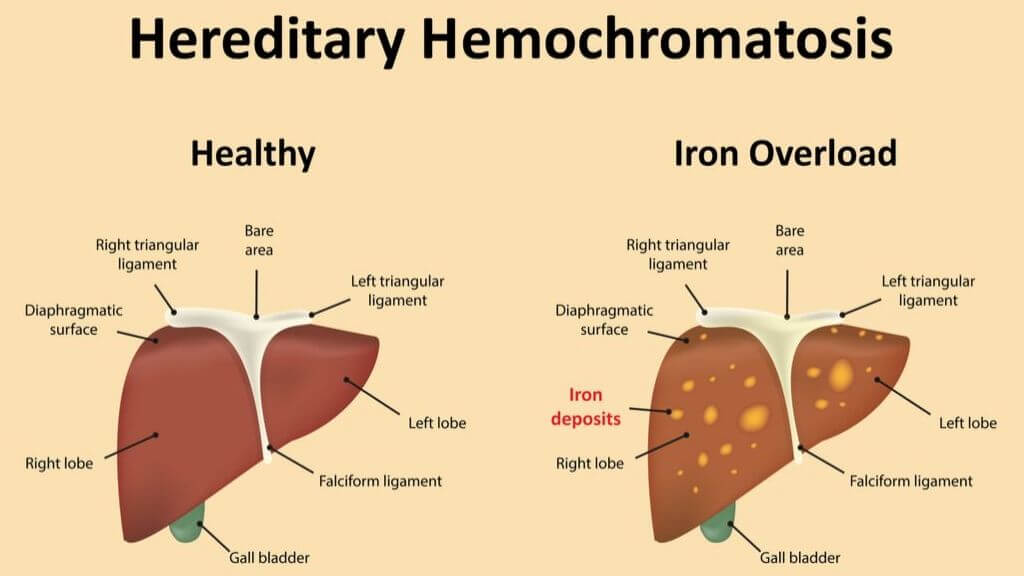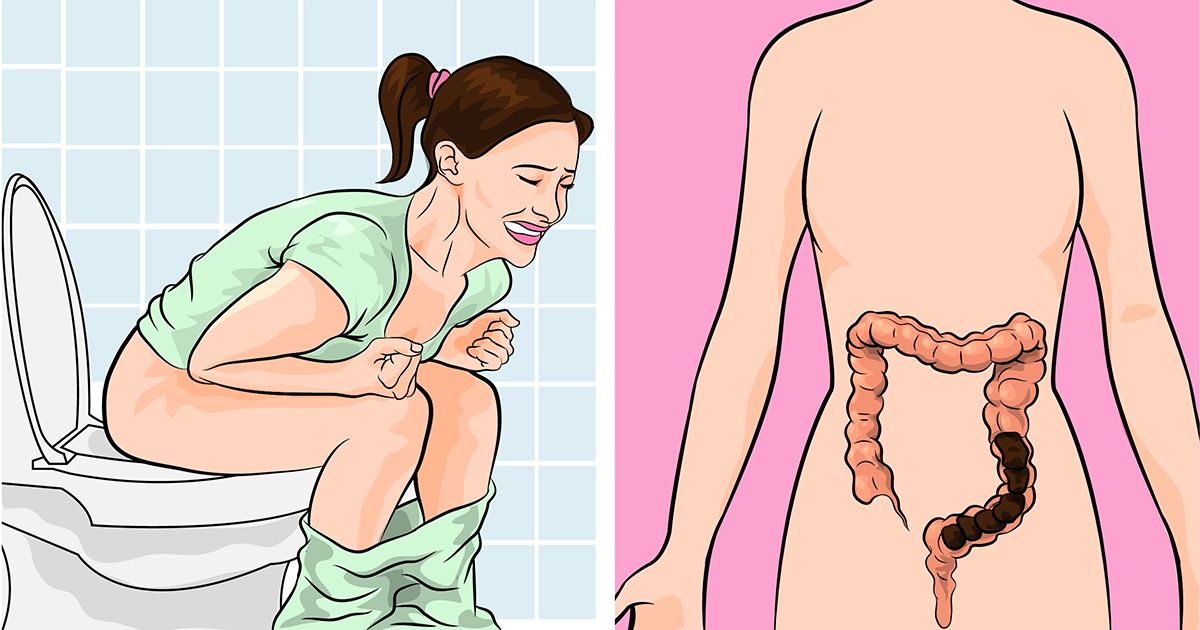

This article goes out to the madly Bangalees and just about anyone else who loves to eat and has frequent acidity and heartburn. Do you think it is normal? Perhaps have a little Eno and get on with life? It is about time that you listen to your gut health and understand that regular acidity can be a chronic condition. It could even be a clear signal for gastro-oesophageal reflux disease (GERD). Consult an acidity doctor near you in Kolkata if it happens too often.
As one of the leading stomach pain doctors in Kolkata, Dr Vijay Kumar Rai commonly sees patients who only consult him when their condition gets severe with burning stomach pain, excessive regurgitation or chest pain. Patients don’t usually turn up when the heartburn and acidity are manageable with self-medication. We need to spread more awareness about acidity—don’t treat it as a “normal” part of life.
Do you know what gets a top-notch gastrosurgeon in Kolkata worried? It’s people taking their “preventive health checkups” at face value! Many people mistakenly believe that heartburn and acidity are the same thing! Which is, of course, not true. To brush up your knowledge, heartburn is a symptom that is caused due to acid reflux or acidity.
So what is acid reflux exactly? Or why do you get acidity? It occurs when the digestive acids in the stomach get into the oesophagus or food pipe. When your liver doesn’t function properly, bile flow slows down, digestion becomes sluggish, and excess stomach acid builds up. At LivGastro’s gastro and liver clinic in Kolkata, we have ensured advanced diagnosis and treatment solutions.
It’s still okay if you have acidity occasionally, especially after having spicy foods or a heavy meal. Consult an acidity doctor near you in Kolkata when you have heartburn at least 2–3 times a week. It is a common early sign of Gastro-oesophageal Reflux Disease (GERD). It’s a condition where acid reflux becomes chronic and may even damage the oesophagus lining. So, that “burning” after lunch or that sour taste at night isn’t something to ignore.
Remember that acidity and its correlated symptoms, like burning stomach pain or excessive bloating and waking up with a sore throat, are not just a “stomach” problem. They can also affect your liver, heart and voice box.
Now, here’s the thing: just because you tend to have recurrent acidity doesn’t mean you have to give up your favourite foods. Moderation is key. Moreover, it is not about eating habits alone. It makes sense to have a better outlook towards your full lifestyle. Below are some of the best practices recommended by our gastrosurgeon in Kolkata:
1. Smoking right after waking up
2. Mixing too much alcohol and smoking
3. Taking long drags on an empty stomach between stressful work
1. Chew your food well
2. Drink plenty of water, but avoid too much of it while having oily foods
3. Avoid mixing different types of rich and spicy foods
Unlike typical treatment that just focuses on symptoms, LivGastro’s integrative liver gastro care in Kolkata looks at your body as a whole. The “integration” is for your liver, gut, and lifestyle to work together. Your treatment might include:
So, the next time you feel that post-meal burn, don’t just pop a pill. Listen to your body — and if needed, consult a specialised gastro team in Kolkata to bring your digestive health back into balance.

What is GERD? GERD that stands for Gastroesophageal Reflux Disease, often called Acid R
read more
Hemochromatosis: Symptoms, Diagnosis & Treatment Whether you are suffering from hemochr
read more
Constipation: Symptoms, Causes, Diagnosis, And Treatment Constipation is one of the mos
read more